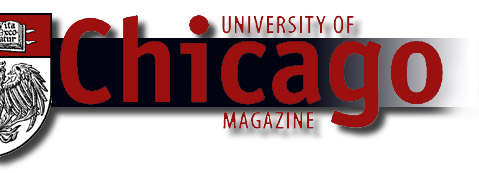 |

“There is not
only no free lunch, but no free reform, either. We paid quite heavily
in lost output and income in the past couple of years. …It was one-third
of industrial output, one-fourth of agricultural output, one-fifth
of GDP.…It’s rather difficult to explain to the citizens of the
country that after the collapse of communism, you have to pay a
heavy price.”
| |
—Václav Klaus, former prime minister of the Czech
Republic, giving the third annual George J. Stigler Memorial
Lecture |
“The diseases
incident to our society are moral and cultural rather than political:
a collapse of ethical principles and habits, a loss of respect for
authorities and institutions, a breakdown of the family, the decline
of civility and honesty, the vulgarization of high culture, and
the degradation of popular culture.…In their most virulent form,
these diseases manifest themselves in illegitimacy, crime, violence,
drug addiction, illiteracy, pornography, welfare dependency. The
epidemiology is by now so familiar that one need not rehearse it.
It was not so long ago that one did have to do that, if only to
refute those who are in a state of denial, who claim that the dramatic
increase in crime since the 1960s is a statistical illusion reflecting
improved modes of report, or that the rise of illegitimacy signifies
not a decline of family stability, but the emergence of alternative
lifestyles.…These arguments are heard less frequently today, except
among the most obdurate of academics.”
| |
—Gertrude Himmelfarb, AM’44, PhD’50, history professor
emerita at CUNY, participating in the Olin Center’s lecture
series |
“The Mexican
20th century is finishing without the country having overcome the
exclusion and abandonment in which ethnic peoples, at least ten
percent of the population, have lived during this century.”
| |
—Cuauhtémoc Cárdenas, mayor of Mexico City, speaking
at Rockefeller Chapel on Mexico’s future |
|



